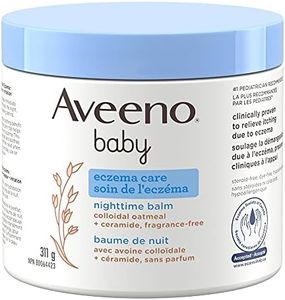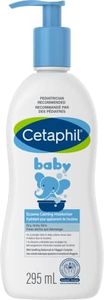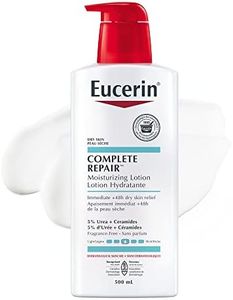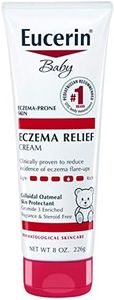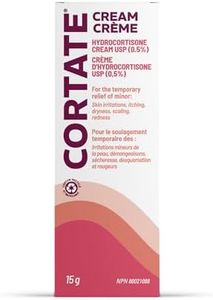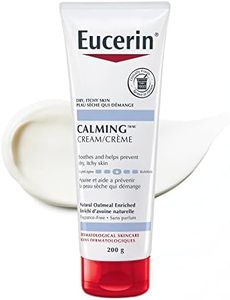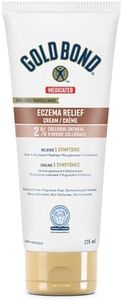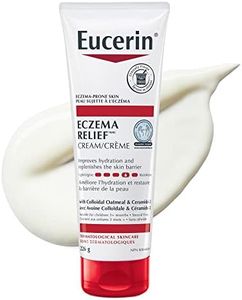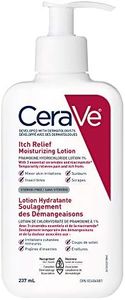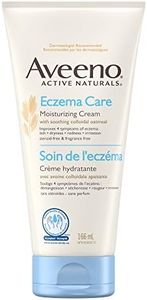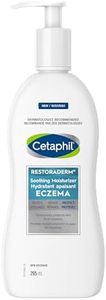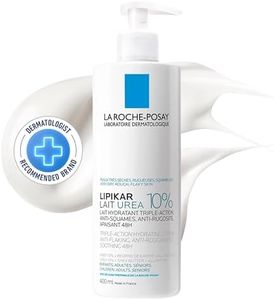We Use CookiesWe use cookies to enhance the security, performance,
functionality and for analytical and promotional activities. By continuing to browse this site you
are agreeing to our privacy policy
10 Best Eczema Creams
From leading brands and best sellers available on the web.Buying Guide for the Best Eczema Creams
Choosing the right eczema cream can make a big difference in managing symptoms like dryness, itching, and irritation. Since eczema affects everyone differently, it's important to understand what to look for in a cream and how to match it to your skin's needs. Focus on the ingredients, texture, and how your skin reacts to different products. Always patch test a new cream on a small area first, and consult a healthcare professional if your eczema is severe or not improving.Active IngredientsActive ingredients are the main components in a cream that help soothe eczema symptoms. Common ones include colloidal oatmeal, ceramides, and hydrocortisone. Colloidal oatmeal and ceramides help restore the skin barrier and lock in moisture, while hydrocortisone is a mild steroid that reduces inflammation. If your eczema is mild and mostly dry, creams with ceramides or oatmeal are usually enough. For more severe flare-ups, a cream with hydrocortisone may be helpful, but it should be used for short periods and under guidance. Always check the ingredient list for anything you might be sensitive to.
Fragrance and AdditivesFragrances and certain additives can irritate sensitive skin, especially for people with eczema. Fragrance-free creams are generally safer and less likely to cause a reaction. Some creams are labeled 'hypoallergenic,' which means they're less likely to trigger allergies, but this isn't a guarantee. If your skin is very sensitive or you have a history of allergies, always choose products with the simplest ingredient list and avoid unnecessary additives.
Texture and ConsistencyThe texture of an eczema cream can range from light lotions to thick ointments. Lighter lotions absorb quickly and feel less greasy, making them good for daytime use or mild eczema. Creams are thicker and provide more moisture, suitable for moderate dryness. Ointments are the thickest and most protective, ideal for very dry or cracked skin, especially at night. Your choice should depend on how dry your skin is and when you plan to use the cream.
Moisturizing PowerMoisturizing power refers to how well a cream hydrates and protects your skin. Look for creams that contain humectants (like glycerin), emollients (like shea butter), and occlusives (like petrolatum). Humectants draw water into the skin, emollients smooth and soften, and occlusives form a barrier to prevent moisture loss. If your eczema is mild, a cream with humectants and emollients may be enough. For more severe dryness, choose one with occlusives for extra protection.
Suitability for Age and Body AreaSome eczema creams are specially formulated for babies, children, or adults, and some are designed for use on the face or body. The skin on your face is more delicate, so facial creams are usually lighter and less likely to clog pores. For babies and young children, choose creams that are gentle and free from harsh chemicals. Always check the label to make sure the cream is appropriate for your age group and the area you want to treat.
